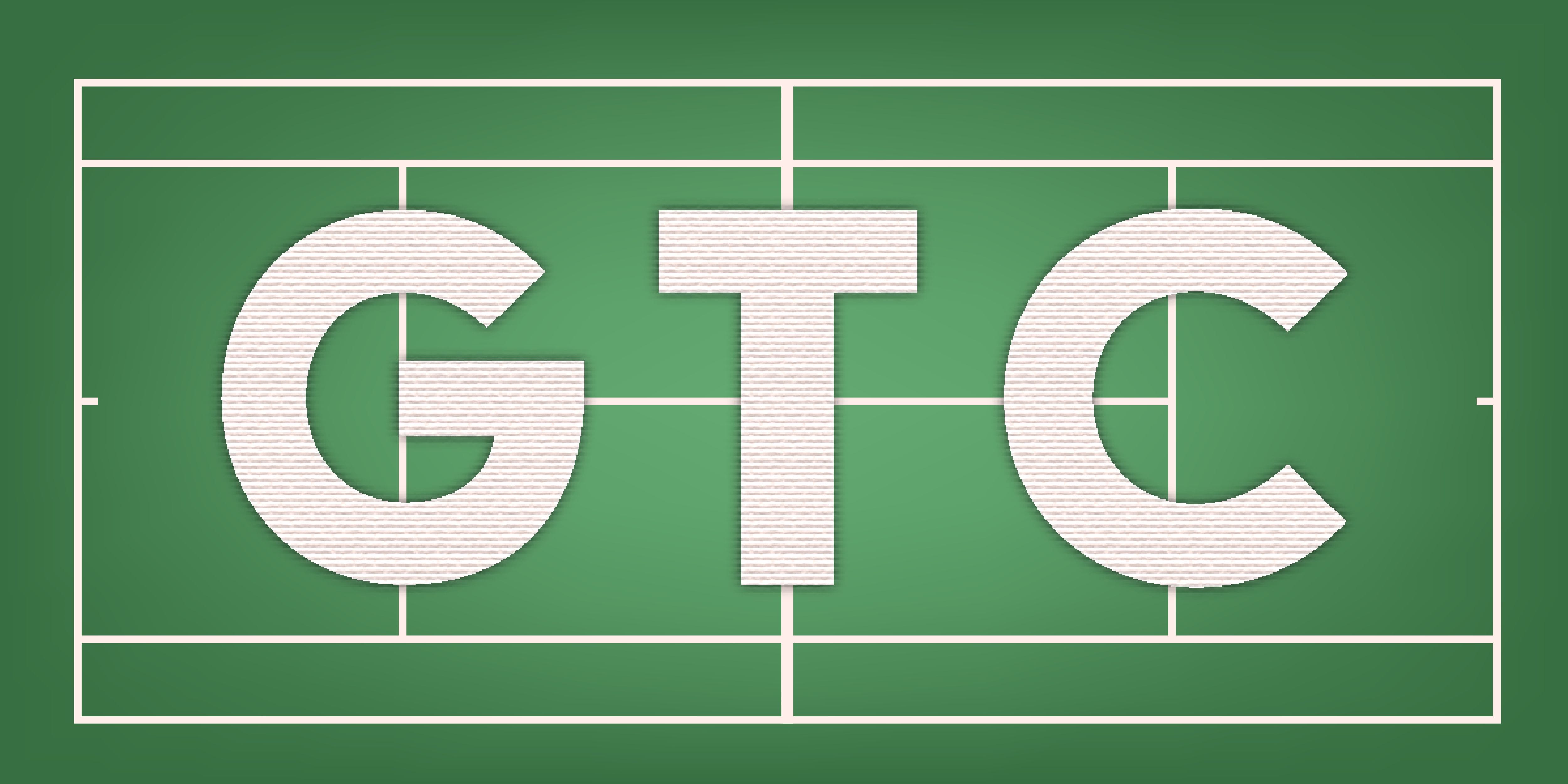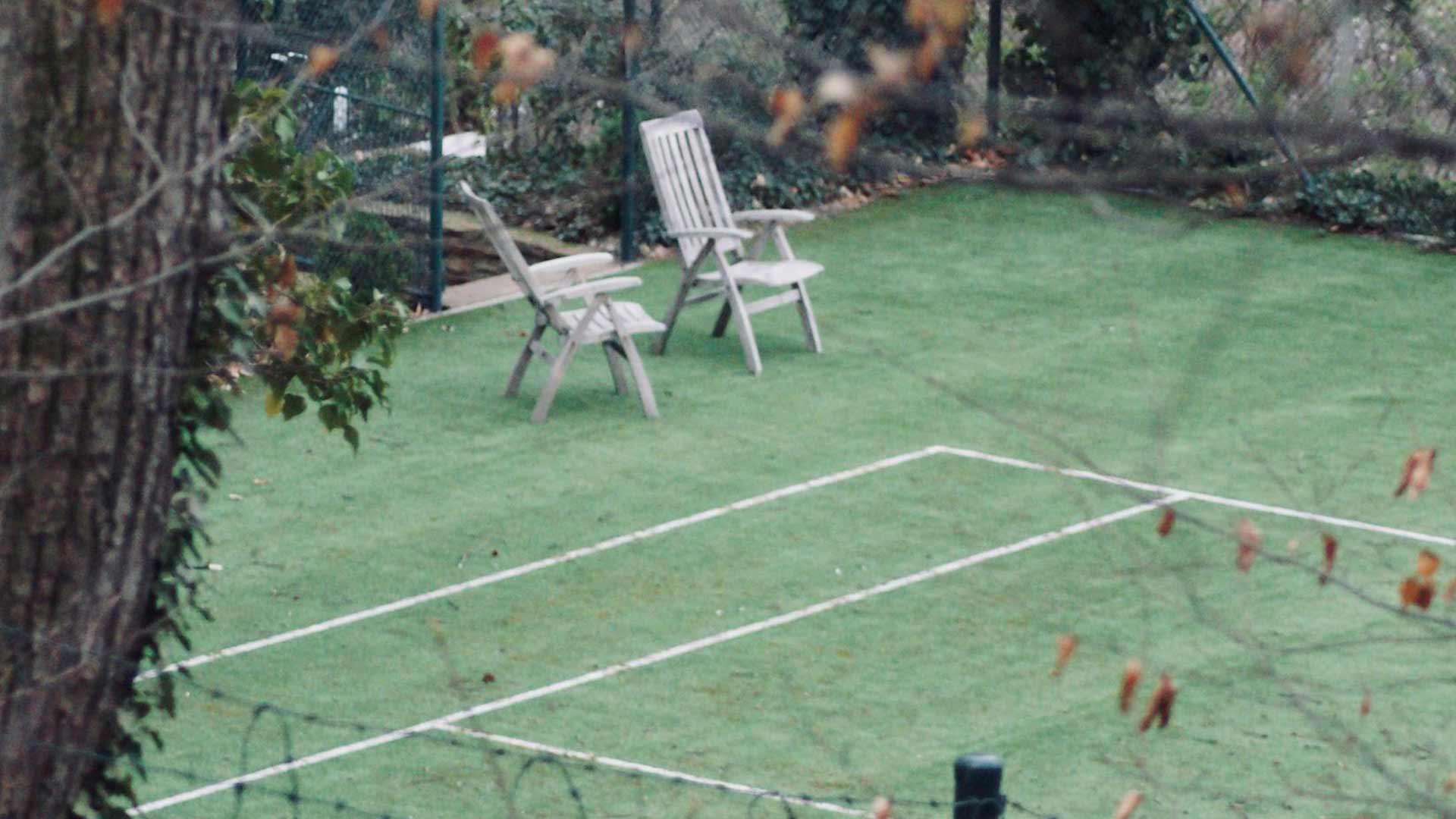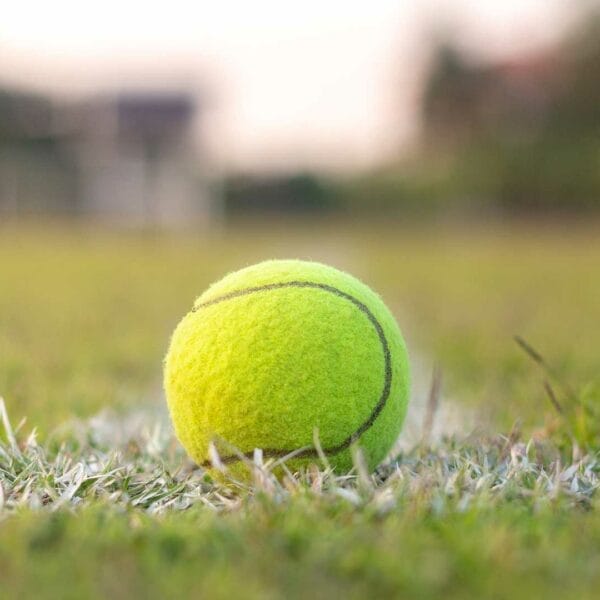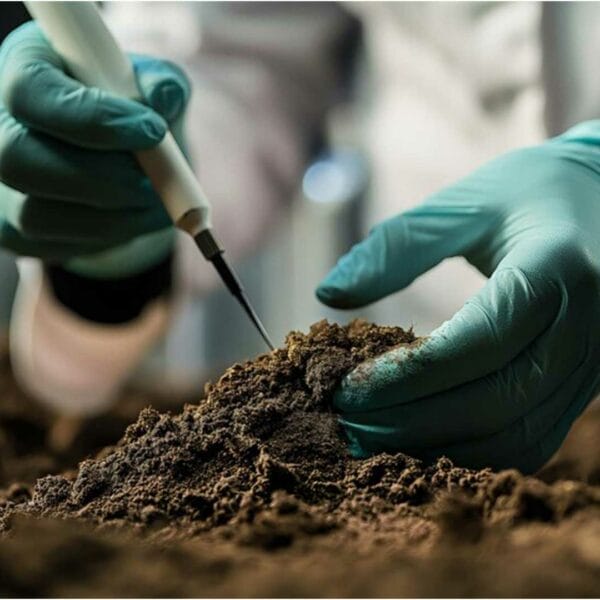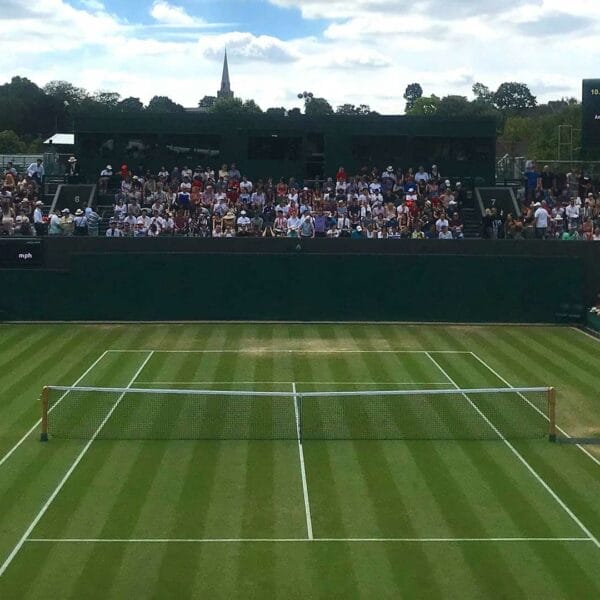Comparing Ryegrass and Bermuda Grass for Lawn Tennis Courts
When it comes to constructing a lawn tennis court, choosing the right type of grass is crucial for ensuring an optimal playing surface. Two of the most popular grass types used for tennis courts are Ryegrass and Bermuda Grass. Each has its own set of advantages and disadvantages, which can influence the decision depending on various factors, including climate, maintenance, and playability.
Ryegrass
Advantages:
- Cool-Season Grass: Ryegrass thrives in cooler climates, making it ideal for regions with mild summers and cold winters. Its ability to remain green and lush even in lower temperatures makes it a favorite for tennis courts in temperate zones.
- Fine Texture: Ryegrass has a fine leaf texture, providing a smooth and dense playing surface. This results in a consistent ball bounce, which is preferred by many players.
- Quick Establishment: Ryegrass germinates quickly, which is beneficial for newly constructed courts or for overseeding to repair damaged areas.
- Aesthetic Appeal: It maintains a vibrant green color throughout the growing season, enhancing the visual appeal of the court.
Disadvantages:
- High Maintenance: Ryegrass requires regular mowing, fertilization, and irrigation to maintain its health and playability. This can be labor-intensive and costly.
- Susceptible to Diseases: Ryegrass is prone to diseases such as rust, brown patch, and dollar spot, especially in humid conditions. This necessitates frequent monitoring and treatment.
- Limited Heat Tolerance: Ryegrass can struggle in hot and dry climates, potentially leading to thinning and browning of the turf during peak summer months.
Examples of Suitable Regions:
- United Kingdom: The cooler, temperate climate of the UK makes Ryegrass a suitable choice for tennis courts, as seen in prestigious tournaments like Wimbledon.
- Northern Europe: Countries like Germany, the Netherlands, and Sweden also favor Ryegrass for their lawn tennis courts due to similar climatic conditions.
Bermuda Grass
Advantages:
- Warm-Season Grass: Bermuda Grass excels in warm climates, with a high tolerance to heat and drought. It remains resilient even during the hottest months, making it ideal for regions with intense summers.
- Durability: Known for its toughness, Bermuda Grass can withstand heavy foot traffic, making it a durable option for tennis courts.
- Fast Recovery: It has a vigorous growth rate and can quickly recover from damage, ensuring a consistently good playing surface.
- Low Maintenance: Once established, Bermuda Grass requires less frequent irrigation and fertilization compared to Ryegrass, which can reduce maintenance costs.
Disadvantages:
- Dormancy in Cool Weather: Bermuda Grass goes dormant and turns brown in cooler temperatures, which can be a drawback for courts in regions with significant seasonal changes.
- Coarse Texture: It has a coarser leaf texture compared to Ryegrass, which can affect the smoothness of the playing surface and the ball bounce.
- Invasive Nature: Bermuda Grass can be aggressive and invasive, potentially spreading beyond the intended area and requiring measures to control its growth.
Examples of Suitable Regions:
- Southern United States: States like Florida, Texas, and California prefer Bermuda Grass for their tennis courts due to the hot and dry climate.
- Australia: The warm climate in many parts of Australia makes Bermuda Grass an excellent choice for tennis courts, providing a resilient and playable surface year-round.
Suppliers of Rye Grass for Sport
Here are some suppliers of ryegrass in the UK, USA, and Australia:
United Kingdom
- Daniel Hibbert Lawn Expert: Daniel Hibbert Lawn Expert supplies extreme dwarf rye grass seed, ideal for creating a smooth, dense lawn similar to tennis courts or football pitches. The seed mix includes several varieties of perennial ryegrass.
- Rigby Taylor: Rigby Taylor provides high-quality ultra-fine dwarf rye grass seeds that are germin-8T treated for fast establishment and recovery. These are particularly suited for sports pitches and ornamental lawns.
- Boston Seeds: Boston Seeds are known for a wide range of grass seeds, they offer various sizes, from 2kg to 20kg, with mixtures recommended by the Sports Turf Research Institute (STRI).
United States
- Hancock Seed: They offer a variety of ryegrass seeds suitable for lawns, pastures, and turf applications. They emphasize farmer-direct quality and pricing with fast shipping options.
- Pennington Seed: A well-known supplier of high-quality grass seeds, including perennial ryegrass, suitable for lawns and sports fields.
- Scotts Turf Builder: They provide various grass seed products, including ryegrass blends designed for quick establishment and durability.
Australia
- The Seed Collection: They offer a range of ryegrass seeds suitable for lawns, including perennial ryegrass, which is ideal for overseeding and creating dense, resilient lawns.
- Hortico: A supplier of various garden and lawn seeds, including ryegrass, known for their high germination rates and suitability for Australian climates.
- Seedforce: They provide a range of ryegrass varieties tailored to Australian conditions, focusing on both cool and warm-season blends.
These suppliers offer a variety of ryegrass options suitable for different climates and lawn requirements, ensuring that you can find the right product for your needs.
Bermuda Grass Suppliers
These suppliers offer a range of Bermuda grass products suitable for different climates and uses, ensuring you can find the right type of Bermuda grass for your specific needs.
United Kingdom
- Lawn UK:
- Lawn UK offers Bermuda grass seed known for its heat and drought resistance, making it suitable for warm climates. They provide detailed care instructions and a range of lawn care products to support the establishment and maintenance of Bermuda grass.
- Barenbrug UK:
- Barenbrug UK is a long-established supplier of various grass seeds, including Bermuda grass. They are known for their extensive range of high-quality grass and lawn seed products, suitable for different applications, including grass tennis courts.
- Oxfordshire Turf:
- While not explicitly offering sports surfaces, Oxfordshire Turf has a good database of information on Bermuda Grass. It specializes in drought-tolerant turfs, including Bermuda grass, which they highlight for its durability in hot, dry climates and high traffic tolerance. This makes it an ideal choice for both residential and commercial applications.
- Greenfields Turf:
- Greenfields Turf offers Bermuda grass varieties specifically designed for the Australian environment. Their products are noted for their resilience and low water requirements, making them ideal for regions with limited rainfall.
United States
- Hancock Seed:
- Hancock Seed offers a variety of Bermuda grass seeds, including common and hulled varieties. Their seeds are noted for their low maintenance, drought resistance, and suitability for various uses, including lawns, pastures, and sports fields, including golf and tennis.
- Seed Barn:
- Seed Barn provides Princess 77 Bermuda grass seed, known for its fine texture and high tolerance to sun, drought, and traffic. This variety is often used in professional and residential landscapes for its superior turf quality. The site also offers advice on pest control and fertilisers.
- The Turfgrass Group:
- Specializes in providing high-quality Bermuda sod and seeds. They offer guidance on planting, maintaining, and caring for Bermuda grass to ensure optimal growth and turf performance.
South Africa
- Roll On Lawn Cape Town:
- Roll On Lawn Cape Town in South Africa supplies Bermuda grass sod known for its adaptability and aggressive growth. This grass is highly valued for its ability to withstand traffic and drought, making it suitable for various applications from residential lawns to sports fields.
Australia
- Australian Seed:
- Australian Seed provides a range of Bermuda grass seeds that are tailored to Australian climates, emphasizing drought resistance and durability. They cater to both commercial and residential needs.
Conclusion
Choosing between Ryegrass and Bermuda Grass for a lawn tennis court depends largely on the climate and specific requirements of the location. Ryegrass is favored in cooler climates due to its fine texture and aesthetic appeal, while Bermuda Grass thrives in warmer regions with its durability and heat tolerance.
Understanding the advantages and disadvantages of each grass type allows court managers and designers to make informed decisions that best suit their environmental conditions and maintenance capabilities. Whether it’s the lush green of Ryegrass in the UK or the hardy resilience of Bermuda Grass in Australia, selecting the right grass can significantly enhance the playing experience and longevity of a tennis court.




